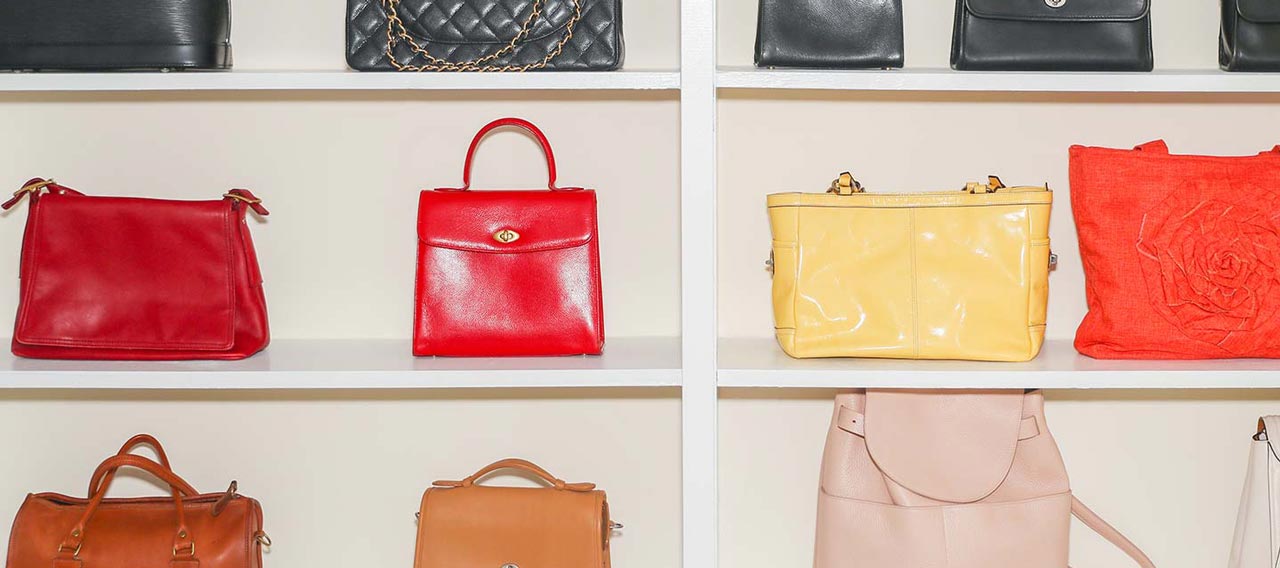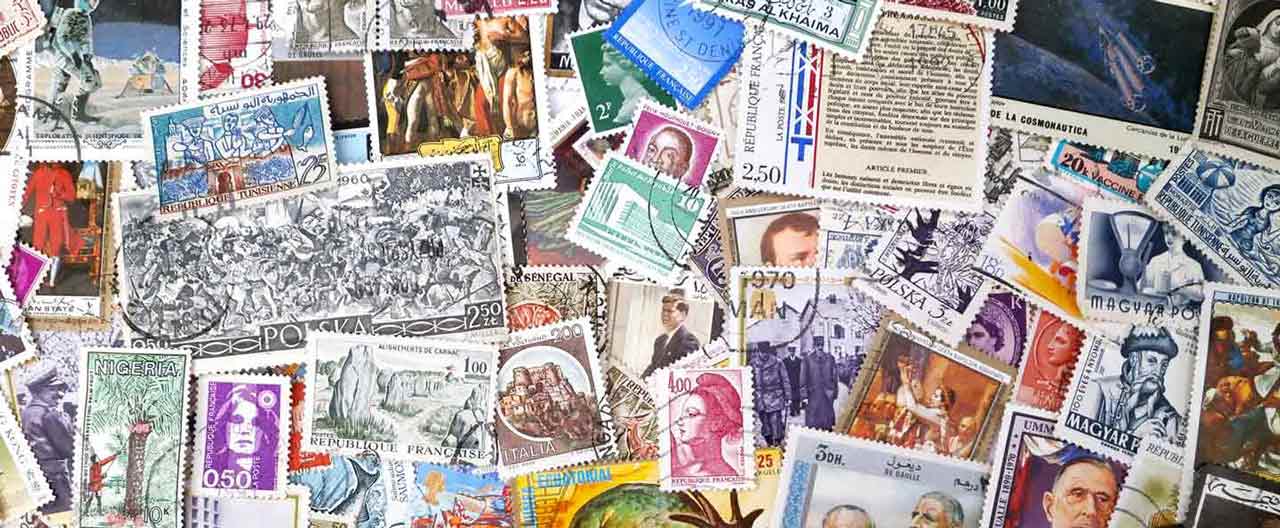- Individuals & Families
- Businesses
- Agents & Brokers
- Embedded Insurance

Chubb ranked #1 for Customer Satisfaction with the Home Insurance Claims Experience

Chubb ranked #1 for Customer Satisfaction with the Home Insurance Claims Experience

Chubb ranked #1 for Customer Satisfaction with the Home Insurance Claims Experience

Chubb ranked #1 for Customer Satisfaction with the Home Insurance Claims Experience

Because pets are family, Chubb now offers pet insurance with top-rated coverage from Healthy Paws.

Chubb offers the insurance protection you need for travel’s many “what ifs”.

Chubb protects small businesses at every stage – from newly formed start-ups to long-time anchors of the community.

Stay ahead of cyber threats with our free Cyber Claims Landscape Report.

Learn more about our dedicated learning paths, Online Learning Center, and more.

Many digital-savvy consumers look for it as a core or add-on option.

Many digital-savvy consumers look for it as a core or add-on option.

Many digital-savvy consumers look for it as a core or add-on option.

Chubb’s in-house technology makes it easy to integrate what we do into your customer experience.
-
About
-
Claims
-
Login & Pay Bill
For Agents & BrokersFor Travel Advisors
-
Back
Back in 1840, when the first postage stamp appeared in Britain, chances are no one would have guessed that stamps would become a collector’s item. Today, more than 5 million people in the U.S. alone collect, preserve, and trade or sell stamps. If you are considering becoming a “philatelist,” A.K.A. a stamp collector, as a hobby or an investment, there are a few things you should consider before you get started.
1. What kind of stamps do you want to collect?
One of the first things you’ll need to decide is what kind of stamp to collect. Stamps can be:
- Commemorative (large and colorful, printed in small quantities only once, and often honor a person, event or subject),
- Definitive (smaller, printed in large quantities, more than once), or
- Special (Christmas, Love, Holiday celebration, International rate, Priority mail and Express mail).
You may want to focus on a specific type of collecting as well:
- Worldwide – While you may not be able to collect every stamp ever made in the world, since there are around 10,000 stamps issued in the world each year, you’ll definitely have plenty to choose from.
- By country – You may want to focus on one specific country – either the one you live in or one that you’ve visited or have a special affiliation to.
- By topic – Choosing a topic, such as animals, birds, flowers, space, Disney, or sports, is becoming an increasingly popular method of collecting stamps.
- Mint vs. used – Typically, people will collect either mint or used stamps. Mint stamps have never been used and often cost more. Used stamps may be easier to collect and may also be collected for the cancellations on them.
2. Where will you get your stamps?
You can find stamps almost anywhere:
- Purchase them new at your local post office.
- Ask friends, relatives, and local businesses to save them for you (especially those who live in different locations around the country or the world).
- Find a stamp dealer in your area by visiting the APS Dealer Directory and searching in your state or city.
- Join a local stamp club to trade stamps with other members or ask for help getting started.
- Attend a stamp show to find rare stamps and meet other collectors.
3. How do you remove a stamp from an envelope?
If you’re collecting used stamps, you’ll need to know how to get the stamps off the envelopes without harming them. Here’s what to do: Tear or cut the envelope around the stamp, leaving a small margin. Then, according to the Smithsonian National Postal Museum, soak the stamp, face down, for a 15-20 minutes in cool water. Once the stamp floats free, remove it from the water using stamp tongs, dry it between paper towels and put a heavy book on it for a day, so it doesn’t curl.

4. What special equipment do you need?
- Magnifying glass – to examine your stamps up close
- Tongs – to pick up and move stamps
- Perforation gauge – to measure perforations along the edges of your stamps
- Watermark detector fluid – to enhance a watermark, design, or pattern pressed into the stamp during manufacturing
5. Where will you store your stamps?
You can store stamps in an album or on loose leaf paper in a binder, by using stamp hinges, glassine strips with gum on one side, or stamp mounts, which are clear plastic sleeves. Transparent glassine envelopes can also protect your stamps from grease and air.
6. How can you tell what a stamp is worth?
Get yourself a stamp catalogue. The most common one in the U.S. is the Standard Postage Stamp Catalogue. That will give you an idea of how much different stamps are worth, based on how rare they are. Whether your stamps are mint or used, and what condition they’re in (if they are faded, stained, or torn) will also affect their price.

7. Who else is collecting stamps?
There are lots of stamp clubs around – both online and locally. Ask your local postmaster or librarian or visit www.usps.com for a listing of organizations.
8. Do you need insurance?
If you have more than a few stamps or are collecting rare stamps, you may want to protect your investment with the right type of insurance. Look for an insurance company that specializes in fine art and collectibles and will provide you with all-risk coverage.
Sources:
Insights and expertise








Get a personal insurance quote
Work with an independent agent to get personalized insurance solutions.
This document is advisory in nature and is offered as a resource to be used together with your professional insurance advisors in maintaining a loss prevention program. It is an overview only, and is not intended as a substitute for consultation with your insurance broker, or for legal, engineering or other professional advice.
Chubb is the marketing name used to refer to subsidiaries of Chubb Limited providing insurance and related services. For a list of these subsidiaries, please visit our website at www.chubb.com. Insurance provided by ACE American Insurance Company and its U.S. based Chubb underwriting company affiliates. All products may not be available in all states. This communication contains product summaries only. Coverage is subject to the language of the policies as actually issued. Surplus lines insurance sold only through licensed surplus lines producers. Chubb, 202 Hall's Mill Road, Whitehouse Station, NJ 08889-1600.


